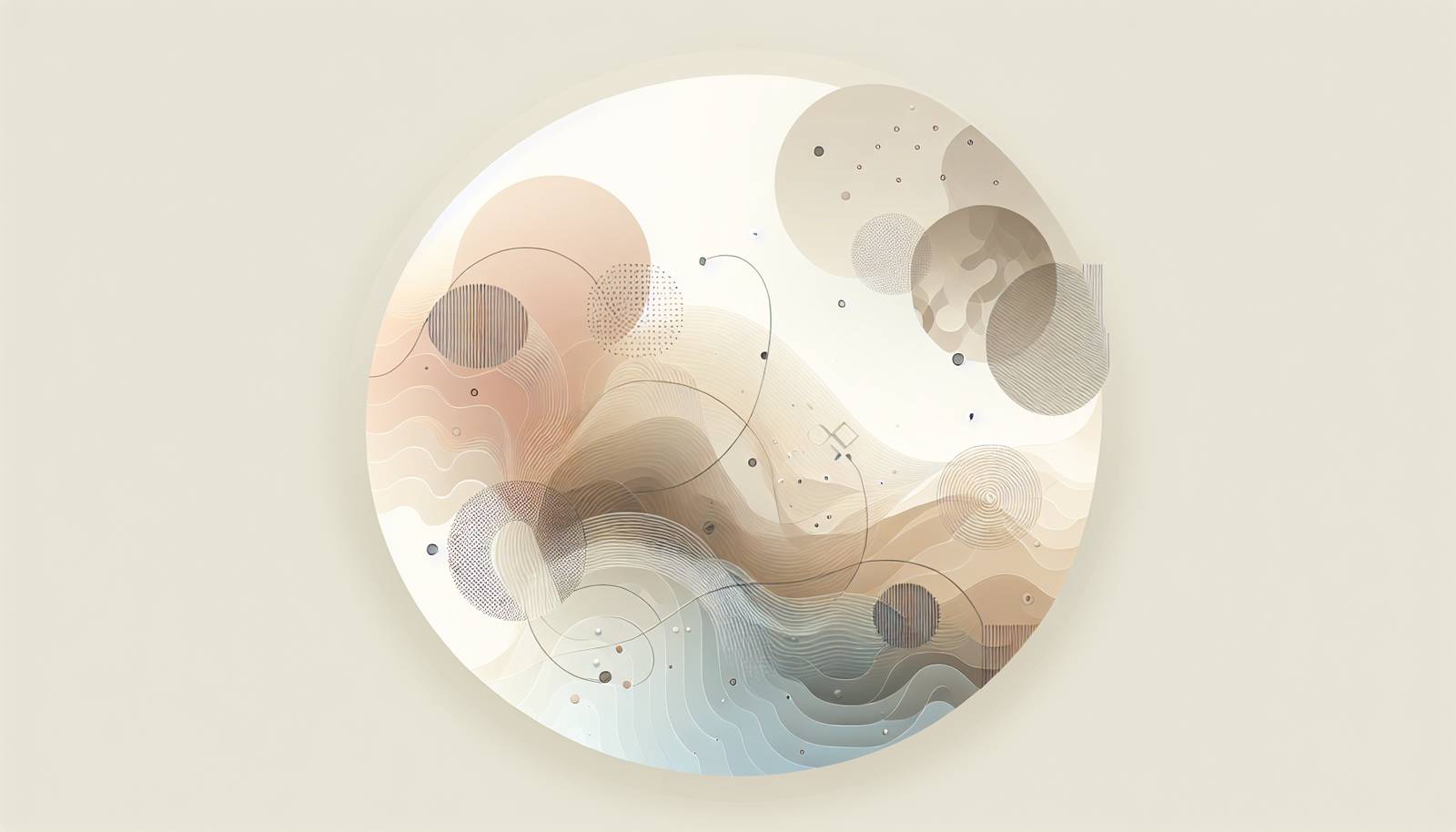
FAQ About The Impact of Minimalism on Lifestyle and Consumer Culture

What is minimalism in the context of lifestyle?
Minimalism in lifestyle refers to a conscious decision to simplify one's life by reducing the amount of physical possessions, focusing on what truly adds value, and eliminating unnecessary distractions. It's about living with intention and finding happiness in less rather than more.

How does minimalism affect consumer behavior?
Minimalism encourages consumers to prioritize quality over quantity and to consider the environmental and ethical impact of their purchases. It tends to reduce impulse buying and encourages mindful spending, where individuals focus on buying items that provide lasting satisfaction and utility.

What are some benefits of practicing minimalism?
Practicing minimalism can lead to a variety of benefits, including reduced stress, more financial freedom, and an enhanced focus on personal priorities. By eliminating excess, individuals can often find more clarity and purpose in their daily lives.

How does minimalism influence home design?
Minimalism in home design is characterized by simplicity, clean lines, and a clutter-free environment. It involves using a neutral color palette, incorporating open spaces, and selecting furniture and decor that serve functional purposes without being excessive.

Can minimalism be applied to digital spaces?
Yes, minimalism can be applied to digital spaces by decluttering digital files, organizing apps, managing notifications, and reducing screen time. Digital minimalism emphasizes being intentional about technology use and focuses on using digital tools that truly enhance one’s productivity and happiness.

Is minimalism just about owning fewer things?
No, minimalism is not merely about owning fewer things. It is more about the mindset of valuing experiences and relationships over material possessions. It's about creating a life that aligns with personal values and priorities, free from the burden of superfluous goods.

How does minimalism impact mental health?
Minimalism can positively impact mental health by reducing anxiety and stress associated with overconsumption and clutter. It promotes a sense of calm and focus, allowing individuals to concentrate on what truly matters in life. A minimalist lifestyle can lead to greater mental clarity and emotional well-being.

What misconceptions are there about minimalism?
Common misconceptions about minimalism include the belief that it requires an austere lifestyle or extreme frugality. In reality, minimalism is about intentional living, and it can vary greatly between individuals. It is not about deprivation but about making thoughtful choices that lead to a fulfilling life.

How has minimalism influenced fashion trends?
Minimalism has influenced fashion trends by encouraging designs that emphasize simplicity, functionality, and timelessness. It often leads to a preference for high-quality, versatile pieces that can be worn in various settings rather than fast fashion items that frequently change with trends.

What role does minimalism play in sustainability?
Minimalism plays a significant role in promoting sustainability by encouraging the reduction of waste and the consumption of fewer, but more sustainable resources. It advocates for mindful purchasing decisions and the appreciation of durable and eco-friendly products.

What are the challenges of adopting minimalism?
Challenges of adopting minimalism can include overcoming the initial resistance to let go of possessions, changing long-held consumer habits, and the societal pressure to equate success with material wealth. Additionally, it can be difficult to maintain minimalism amidst cultures that prioritize accumulation.

Can minimalism affect relationships?
Yes, minimalism can affect relationships by potentially reducing material-centered conflicts and highlighting the importance of experiences and quality time together. It encourages open communication about values and priorities, which can strengthen personal connections.

Are there different types of minimalism?
Yes, there are different types of minimalism, including aesthetic minimalism, which focuses on simplicity in design; lifestyle minimalism, which emphasizes reducing possessions; and financial minimalism, which focuses on living within one's means and prioritizing saving over spending.

How do minimalists approach gift-giving?
Minimalists often approach gift-giving by prioritizing experiences or consumable items over physical goods. They may focus on giving gifts that have personal significance, are practical, or that align with the recipient's interests and needs, thereby reducing clutter and waste.

What impact does minimalism have on personal philosophy?
Minimalism can profoundly influence personal philosophy by instilling a focus on living purposefully and intentionally. It encourages individuals to reflect on their values, what truly brings them joy, and how they can live a more meaningful and content life without excess distractions.

How does minimalism extend beyond personal lifestyle?
Minimalism extends beyond personal lifestyle by influencing various domains such as business, where it promotes efficiency and a focus on core competencies, and art, where it inspires creations characterized by clarity and simplicity. It also affects community living, encouraging collaborative consumption and shared spaces.

How does minimalism relate to mindfulness?
Minimalism is closely related to mindfulness as both emphasize being present and aware of one's actions and surroundings. They encourage individuals to focus on what truly matters, appreciating each moment and making deliberate choices that align with their values and well-being.

What resources are available for someone interested in minimalism?
There are numerous resources available for someone interested in minimalism, including books like "The Life-Changing Magic of Tidying Up" by Marie Kondo, blogs, and online communities. Documentaries like "Minimalism: A Documentary About the Important Things" can also provide valuable insights and inspiration.

How does minimalism impact financial health?
Minimalism can positively impact financial health by encouraging mindful spending and reducing unnecessary expenses. It promotes saving and investing over impulsive buying, allowing individuals to live within their means and achieve financial goals more effectively.

Is minimalism a trend or a long-term movement?
While minimalism has gained popularity in recent years, it is more than just a trend. It represents a long-term movement towards a more intentional way of living that prioritizes personal well-being and sustainability over materialism. Its principles have timeless relevance and continue to resonate with many individuals globally.
